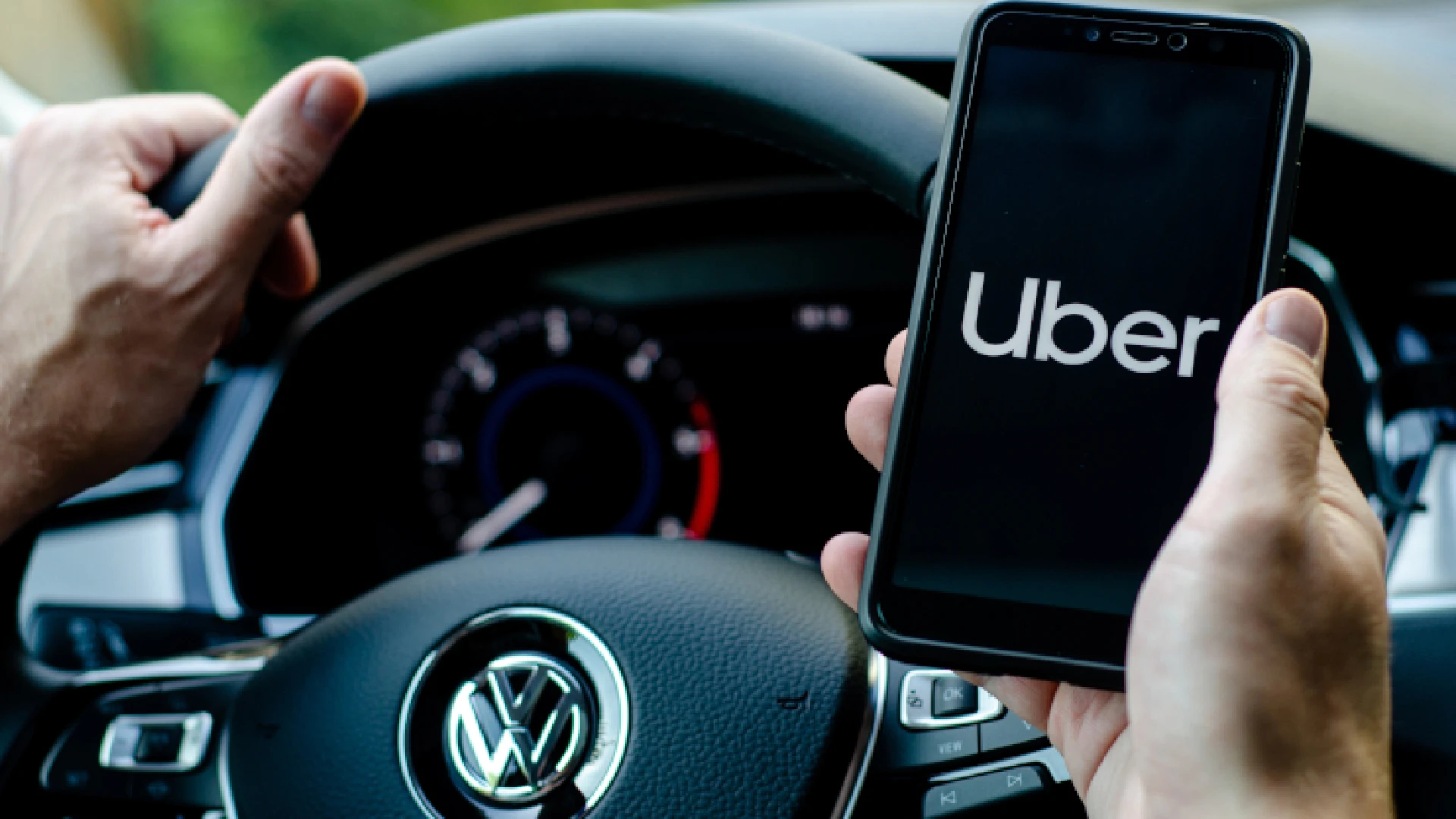The Biden administration sued Uber Technologies Inc. for charging customers with disabilities a “wait-time” fee and reportedly ignoring their refund requests, thereby making them feel like “second-class” citizens.
In its lawsuit filed Wednesday at federal court in San Francisco, Uber is accused of violating the Americans in Disabilities Act by failing to “make reasonable modifications” to its wait-time fee policy and ensuring “equitable fares” for passengers with disabilities.
The Justice Department is asking the court to halt Uber’s policy, as well as seek damages and a civil penalty to compensate passengers for their mental anguish.
“Wait-time fees are applied to all riders to reimburse drivers after two minutes of waiting, but were never designed for riders who are ready at their designated pickup location but need more time to get into the car,” according to a mail by Uber spokesman Matt Kallman. “We recognize that many riders with disabilities rely on Uber for their transportation needs, which is why we engaged in active discussions with the Department of Justice about how to address any concerns or confusion before this surprising and disappointing lawsuit.”
The government mentioned two handicapped customers’ experiences in its case, including a 52-year-old paraplegic woman who used Uber to get from her residence in Louisville, Kentucky, to a rehabilitation centre approximately five blocks away. According to the lawsuit, when the anonymous lady asked for a refund on wait-time costs, an Uber employee informed her there was nothing she could do.
According to the lawsuit, a 34-year-old man with cerebral palsy became “angry, frustrated, and upset” after witnessing Uber charge him for his condition and began denying refund requests after first providing him some.
According to Uber’s statement, the company recently changed its app to automatically eliminate expenses for any rider who confirms that they are handicapped.
The ride-hailing business of Uber was crushed as a result of the Covid-19 lockdowns, which kept people at home and slashed demand. Following improved Covid-19 conditions and higher immunisation rates, the ride-share industry has rebounded dramatically. Bookings increased 67 percent year over year in the third quarter, according to Uber.
The case is United States of America v. Uber Technologies, Inc., 3:21-cv-08735, Northern District of California (San Francisco).
